Results
-
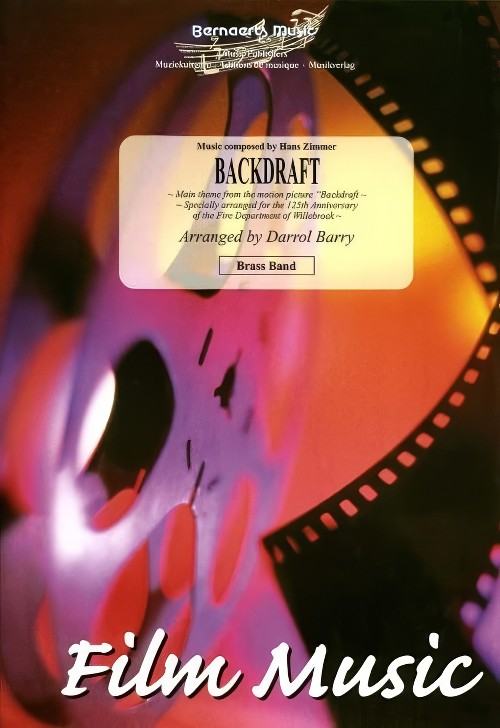 £54.99
£54.99Backdraft (Brass Band - Score and Parts) - Zimmer, Hans - Barry, Darrol
Main theme from the motion picture Backdraft. Duration: 3.15
Estimated dispatch 7-14 working days
-
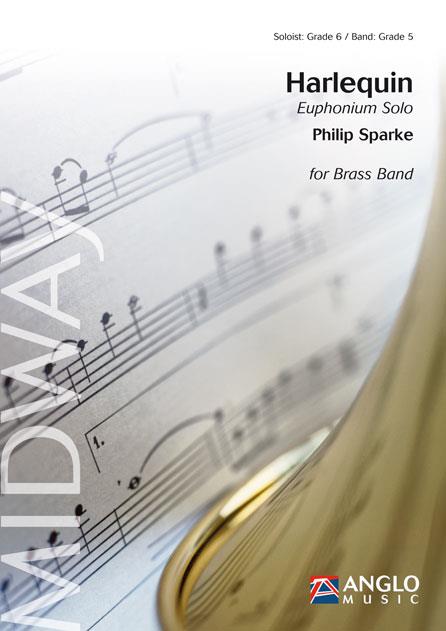 £106.99
£106.99Harlequin (Euphonium Solo with Brass Band - Score and Parts) - Sparke, Philip
Harlequin was commissioned by, and is dedicated to, euphonium virtuoso David Childs. The piece takes its inspiration from the happy and sad masks that symbolise the Commedia dell'Arte (which features Harlequin as one of its main characters) and comprises of two movements, a slow modal ballad followed by a frenetic faster movement. A fantastic showpiece for the euphonium and brass band.Duration: 9:15
Estimated dispatch 7-14 working days
-
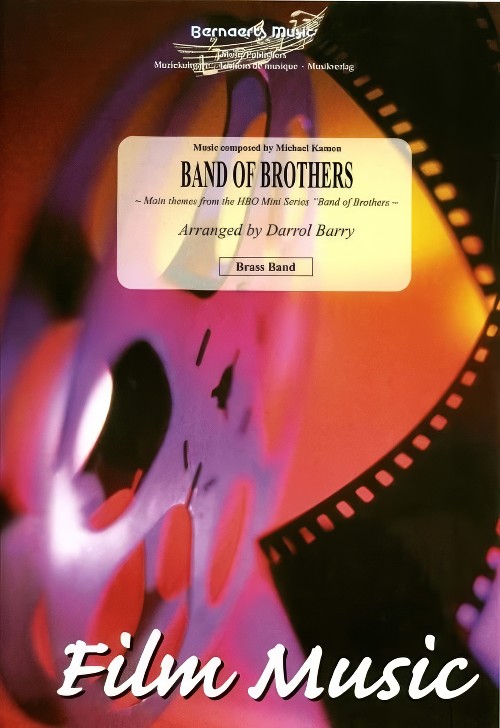 £55.99
£55.99Band of Brothers (Brass Band - Score and Parts) - Kamen, Michael - Barry, Darrol
Main Theme From The HBO Mini Series "Band Of Brothers. Duration: 5.30
Estimated dispatch 7-14 working days
-
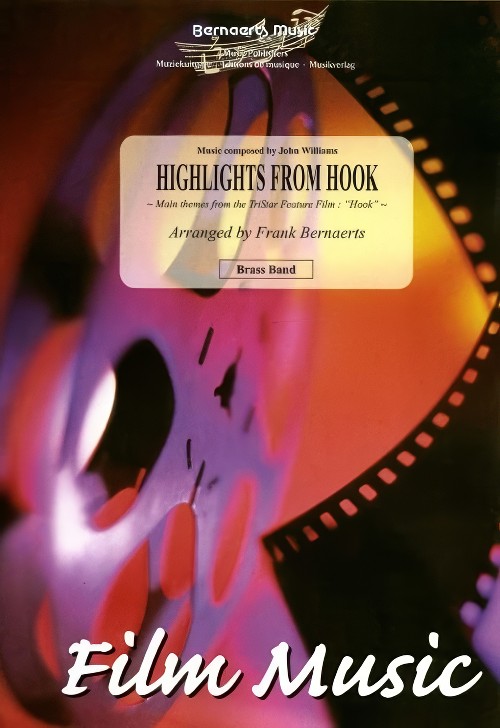 £52.99
£52.99Hook, Highlights from (Brass Band - Score and Parts) - Williams, John - Bernaerts, Frank
Main themes from the TriStar Pictures Feature film "Hook". Duration: 05:00
Estimated dispatch 7-14 working days
-
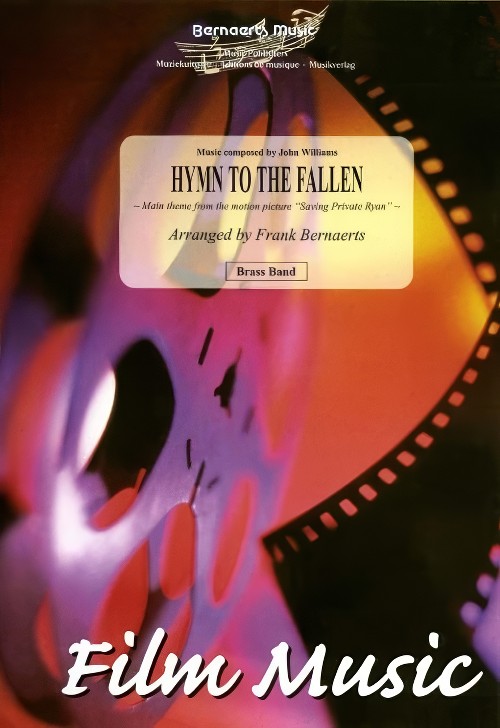 £53.99
£53.99Hymn to the Fallen (Brass Band - Score and Parts) - Williams, John - Bernaerts, Frank
Main theme from the motion picture "Saving Private Ryan". Duration: 06:20
Estimated dispatch 7-14 working days
-
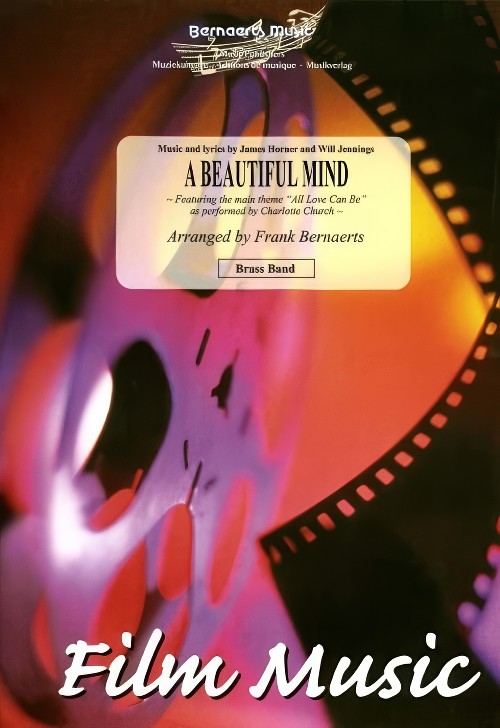 £53.99
£53.99A Beautiful Mind (Brass Band - Score and Parts) - Horner & Jennings - Bernaerts, Frank
Featuring the main theme All Love Can Be. Duration: 3.45
Estimated dispatch 7-14 working days
-
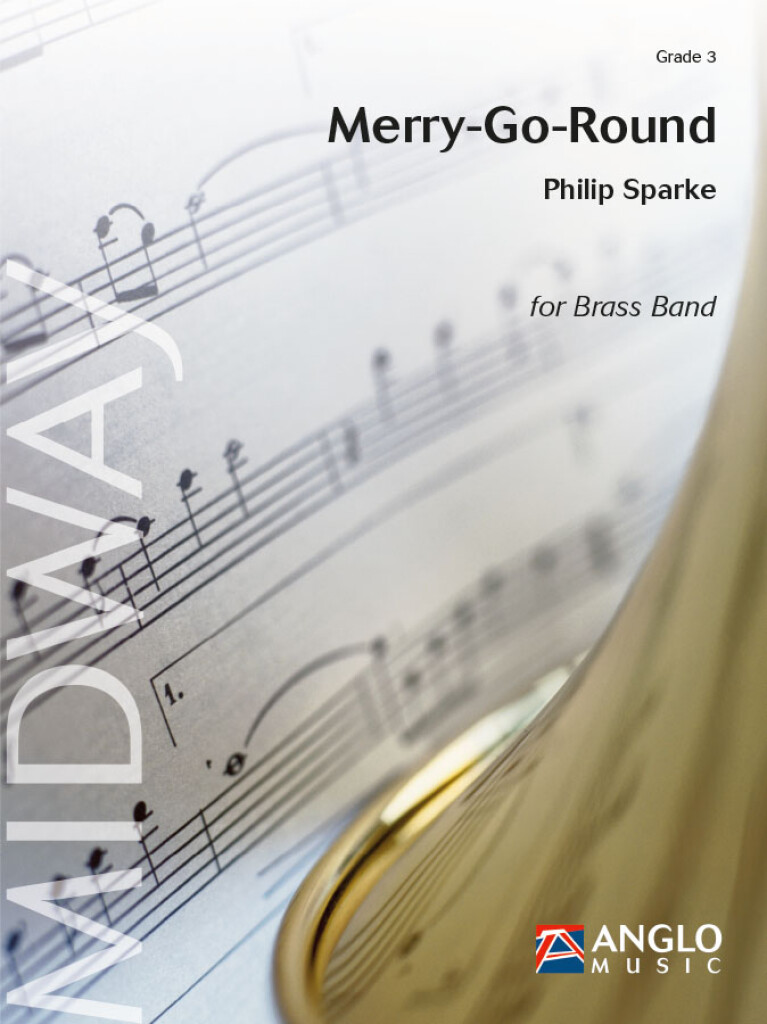 £57.50
£57.50Merry-Go-Round (Brass Band - Score and Parts) - Sparke, Philip
Merry-Go-Round is a mini concerto for band in which each section takes a turn as soloist. On a merry-go-round the viewpoint is constantly changing, this being portrayed by different instrumental groups playing variations on the main theme, continually coming to the fore. This attractive work will bring all the excitement of the fairground to your concert.Duration: 3.30
Estimated dispatch 7-14 working days
-
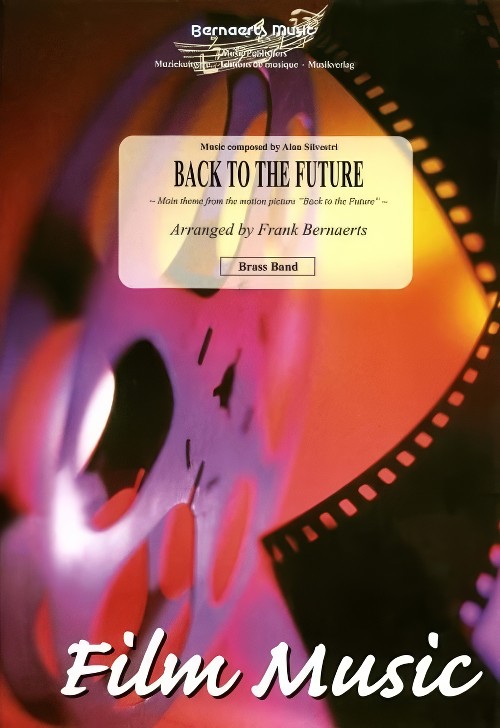 £55.99
£55.99Back to the Future (Brass Band - Score and Parts) - Silvestri, Alan - Bernaerts, Frank
Main theme from the motion picture Back To The Future. Duration: 5.00
Estimated dispatch 7-14 working days
-
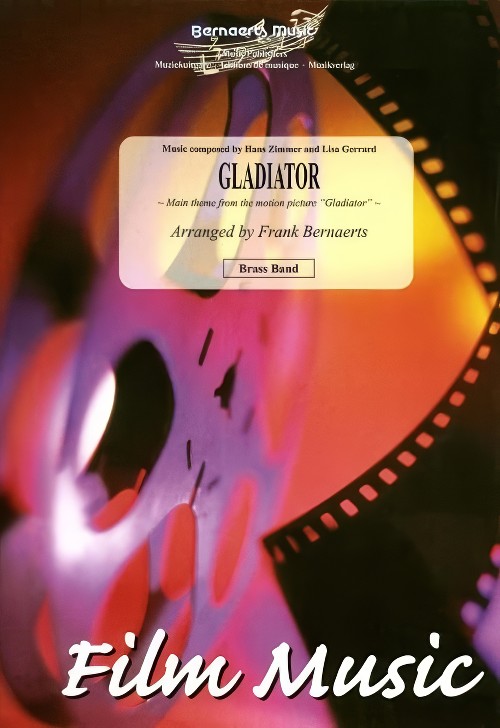 £55.99
£55.99Gladiator (Brass Band - Score and Parts) - Gerrard & Zimmer - Bernaerts, Frank
Main theme from the motion picture "Gladiator". Duration: 04:15
Estimated dispatch 7-14 working days
-
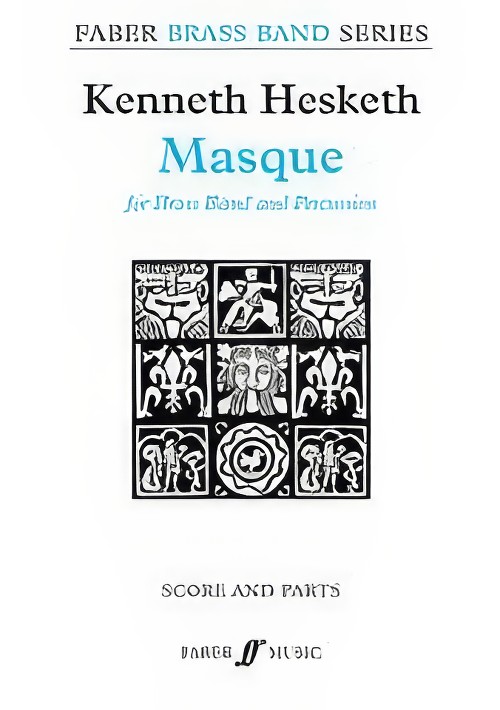 £55.00
£55.00Masque (Brass Band - Score and Parts) - Hesketh, Kenneth
Masque has been transcribed for brass band from Hesketh's Scherzo for Orchestra, commissioned by the National Children's Orchestra in 1987. The main theme is bravura and is often present, in the background. The form of the piece is a simple scherzo-trio-scherzo, and has colourful scoring (solos alternating with full bodied tuttis) with a dash of wildness! Suitable for 1st Section Bands and above. Duration: 6.00
Estimated dispatch 7-14 working days
